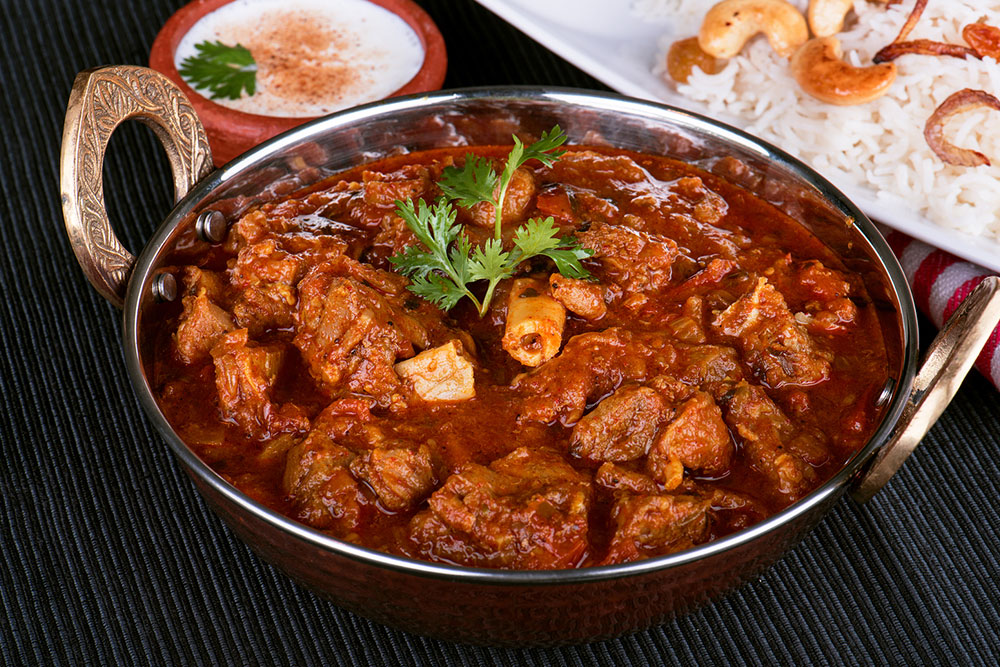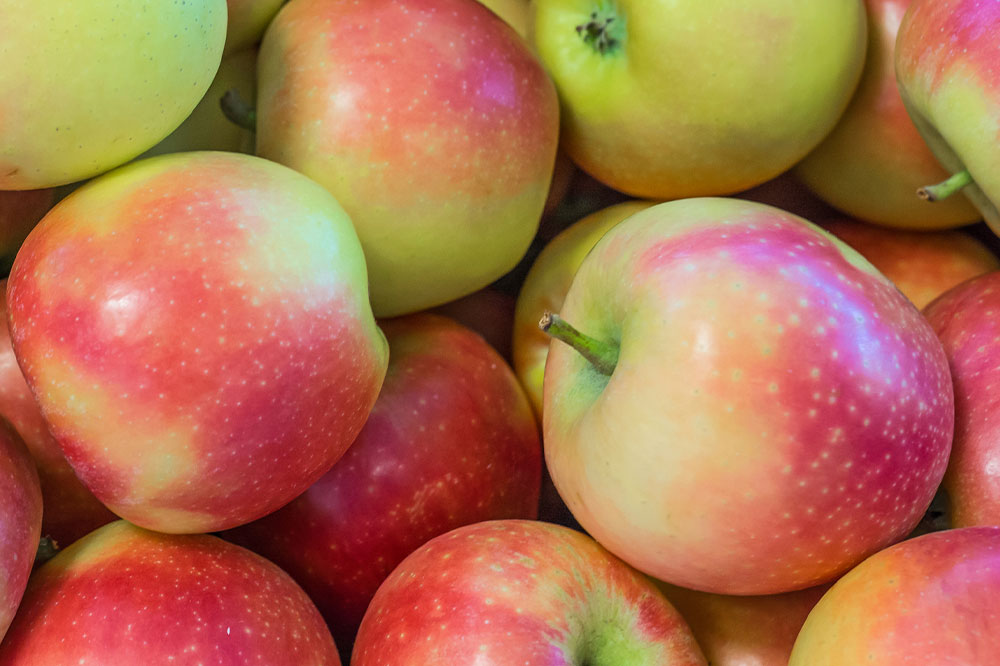5 foods that trigger symptoms of hereditary angioedema

Hereditary Angioedema (HAE) is a rare genetic disorder that affects roughly 1 in 50,000 people worldwide. This condition is characterized by recurrent episodes of swelling anywhere in the body, including the face, throat, feet, genitals, and abdomen. While HAE attacks can be triggered by various factors, including stress and trauma, certain foods have been identified as potential triggers for some individuals with HAE. Knowing the foods that may exacerbate its symptoms is essential to managing the condition.
What it is
HAE is primarily caused by a genetic mutation that leads to inadequate levels or malfunctioning of the C1 inhibitor protein in the body. This causes fluid retention and leakage outside blood vessels, leading to inflammation, itching, breathing issues, and discomfort. If left untreated, the condition can potentially be life-threatening.
Foods to avoid for hereditary angioedema
While not all individuals with HAE experience symptom exacerbations due to food triggers, some patients have reported that certain foods increase their susceptibility to attacks. Here are some foods that have been known to worsen HAE:
- Spicy foods
Spices like chili peppers and hot sauces can cause blood vessels to dilate and potentially contribute to swelling in individuals with HAE. The capsaicin found in these foods may trigger the release of a component that may cause swelling and lead to angioedema. - Nuts
Some HAE patients have reported that tree nuts like almonds, walnuts, and cashews trigger the condition. - Food preservatives and artificial sweeteners
These additives are known to induce allergic reactions in sensitive individuals. It is advised to scrutinize food labels and steer clear of items containing any artificial sweeteners and preservatives. - Certain fruits and vegetables
Certain fruits and vegetables, including tomatoes, strawberries, apples, pineapple, onions, garlic, and citrus fruits, may contain substances that can affect blood vessel permeability. These are suspected to be the triggers for abdominal angioedema in HAE patients and are best consumed in moderation or avoided by these individuals. - Histamine-rich foods
Histamine is a compound that plays a role in regulating inflammation in the body. Certain foods, such as aged cheeses, fermented products, and processed meats, contain high histamine levels. Hence, for some HAE patients, these foods may exacerbate HAE symptoms.
It’s important to emphasize that the relationship between HAE and food triggers can be highly individualized and vary from one HAE patient to another. Other common triggers of HAE include emotional stress due to several reasons, including childbirth or minor trauma, infection, and hormonal influences. Individuals with HAE should work closely with their healthcare providers to identify their specific triggers and food allergies and develop personalized management plans.









